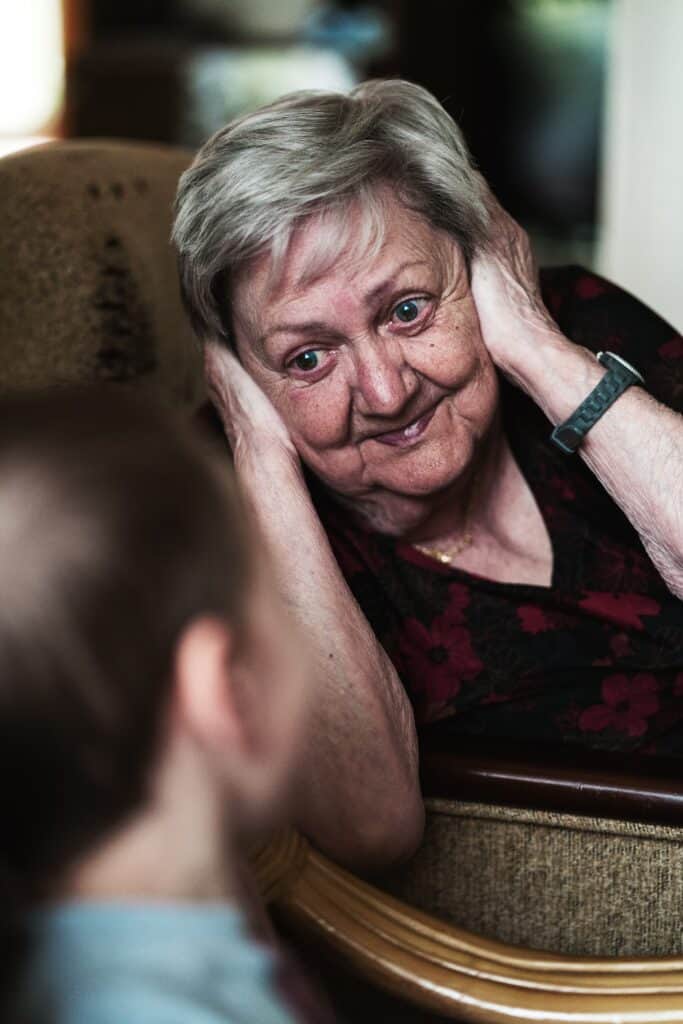Grandparents play an increasingly important role in their grandchildren’s childcare, whether they are primary caregivers or occasional caregivers. While some parents need the extra help due to job or other obligations, others are suffering from drug addiction or other problems that prevent them from fulfilling their parenting role. A growing number of grandparents are filling these parenting gaps, and while there are some benefits, there are also downsides. During this COVID-19 pandemic, for example, grandparents are both a blessing for working parents in need of childcare, as well as a vulnerable population for the virus. With Grandparents Day on Sunday, September 13, this is a time to honor the role grandparents play, as well as call attention to the adverse effects the current coronavirus pandemic poses to older adults.
Since the 1970s, the number of children living with ‘grandfamilies’ has doubled. According to the 2018 American Community Survey, over 2.5 million grandparents are the primary caregivers of grandchildren or other children with whom they have a parent-like relationship. A great number of children are being raised by a single grandparent. Of the children ages 3-17 living with grandparents, grandmothers are most likely to be their caregivers. Becoming a full-time parent can take a toll, especially on those who are single. By having to prioritize the needs of the child before their own and also deal with their own trauma, grandparents may suffer more chronic stress, depression or physical chronic illnesses like hypertension.
Financial challenges create additional stressors for grandparents trying to provide for their child’s daily needs, while having a limited fixed income. According to a piece from the American Society on Aging, many grandparents have reported spending down their retirement savings or other sources of income to pay for the needs of children.
It also isn’t always easy for grandparents to gain authority as a caregiver to their grandchildren. Many have to navigate through a complex legal system to obtain custody. In addition to the costs associated with a child’s needs, many grandparents can incur legal expenses from seeking custody. Additionally, if their grandchild is placed in foster care, some grandparents may not be able to or have the option of becoming a licensed foster care parent. They are often left to rummage through the logistics of the legal and foster care systems.
Financing for college has also been a course of financial distress for grandparents. A 2017 report from the Consumer Financial Protection Bureau found that consumers aged 60 and over saw their student loan debt quadruple over the past decade. A portion of this is attributed to an increasing number of adults carrying student debt later in life, but grandparents today are financing much more of their children’s or grandchildren’s college educations as well.
Although grandparents face many challenges in raising their grandchildren, they also report many positive outcomes. Many grandparents find that they have a renewed sense of purpose, and receive companionship from their grandchildren, a significant step in reducing isolation that many older adults face, especially during times of social distancing. Stepping into the caregiver role also gives grandparents more opportunity to form closer relationships with their grandchildren.
There is a renewed admiration for the 70 million grandparents living in the United States, some of whom have become the primary parents to their grandchildren. The important role that they play in both childcare and child development is undeniable. Grandparents who care for their grandchildren need supportive services, affordable, multigenerational housing and tools and resources to better navigate the legal system, housing options and childcare, as well as planning for retirement and later stages of life.
If you are interested in resources for grandfamilies, please see our Resource page here.
Roxana Ruiz was a NCRC special initiatives intern.
Photo by William Krause on Unsplash



